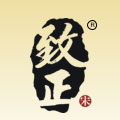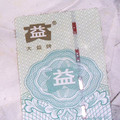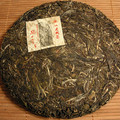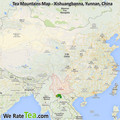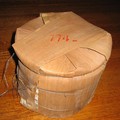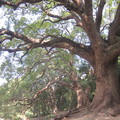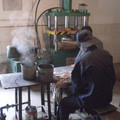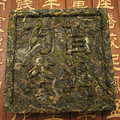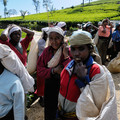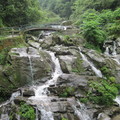 2 reviews
Added 24.10.2013 by Eternal Spring,
Tea status: [283] A
7415x
2 reviews
Added 24.10.2013 by Eternal Spring,
Tea status: [283] A
7415xCategory: Pu-erh
Country: China
Province: Yunnan
Harvest: 2007
Producer: Boyou Tea Factory
Shop: Yunnan Sourcing

Tags: Sheng - Raw Puerh , Cake , Mengsong , Tea from 2005 till 2010
Description:
Boyou tea factory was started by yet another ex-Menghai tea blender. Boyou is well known for showcasing Menghai tea mountains and making Ripe Pu-erhs that rival Da Yi ripe teas. This particular tea cake was the Silver Prize winner at the 2007 Tea Culture Exhibition in Chengdu. It is a tea produced entirely from Meng Song mountain tea trees. Meng Song tea trees are well known for being a slightly smaller leaf varietal that was the result of cross-breeding several hundred years ago. The tea cake itself has Xiaguan-like iron compression which is perfect for aging in wetter climates like Guangzhou or Malaysia. The tea itself is strongly aromatic with flower and mushroom tones. There is a sweet after-taste and feeling of comfortable thickness in the mouth and throat. I highly recommend this tea for those seeking a tea for aging or for drinking now and for those who want to better understand Meng Song mountain teas.

 Shops
Shops











 Share on Facebook
Share on Facebook










